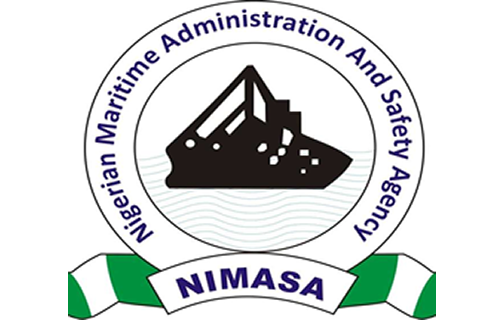The Sea Empowerment and Research Centre has urged the Federal Government and the Nigerian Maritime Administration and Safety Agency to initiate diplomatic and technical negotiations with global insurers to review the yearly War Risk Insurance premiums imposed on Nigeria.
This is even as the group advised the government to channel the gains from three years of improved maritime security into port, transport, and fisheries development.
The group stated this in its latest bulletin, signed by the Head of Research at SEREC, Mr. Eugene Nweke, obtained by The PUNCH over the weekend.
A recent Nigerian Maritime Administration and Safety Agency assessment, reviewed by SEREC, mentioned that Nigeria-bound vessels have paid over $1.5bn in WRI premiums to international insurers over the past three years, averaging $500m yearly.
Nweke lauded Nigeria’s achievement of three consecutive years without piracy attacks on vessels bound for its ports in the Gulf of Guinea, which was credited to the successful implementation of the Deep Blue Project.
He, however, raised concerns about the opportunity costs of the financial investments made in maritime security.
Nweke highlighted that funds allocated to the Deep Blue Project may have diverted resources from other critical sectors such as port modernisation, “transportation infrastructure, and fisheries development, areas that could have delivered broader socioeconomic benefits if given priority.”
“Channelling significant funding into security operations may have come at the expense of upgrading port facilities, improving logistics, and developing efficient transportation networks, all of which are vital for boosting economic growth and facilitating trade,” he said.
He noted that the fisheries sector, a key source of food security and employment for coastal communities, could have seen higher production and job creation if it had received comparable investment.
Nweke, who is also a former National President of the National Association of Government Approved Freight Forwarders, said the development and expansion of jetties, ports, and shipping facilities could have alleviated persistent port congestion and enhanced Nigeria’s maritime competitiveness.
On the issue of WRI premiums, he advised the Federal Government to “proactively engage international insurance providers to reassess Nigeria’s risk profile in light of its improved security status and negotiate reduced premiums.
“The real financial burden of WRI on Nigeria may be significantly higher, potentially reaching $1bn yearly when indirect economic impacts such as increased freight costs, pass-through insurance charges, and investor uncertainty are factored in.
He maintained that the government must take advantage of the country’s improved maritime security to push for a reclassification of Nigeria’s risk status and compel global insurers to adjust their rates accordingly.
Nweke also reiterated the call for prioritised investments in maritime infrastructure, especially in port modernisation and digitalisation, to reduce operational costs and improve efficiency across the sector.
“The benefits of achieving zero piracy incidents, such as enhanced maritime security, improved trade facilitation, and stronger economic stability, are commendable. However, it is equally important to consider the trade-offs and opportunity costs involved in maintaining this security status,” he stated.
SEREC stressed that while the gains from eliminating piracy are undeniable, the ongoing financial burden of WRI premiums must be urgently addressed.
The group insisted that with Nigeria’s waters now demonstrably safer, it is time to convert these security gains into economic relief by ending unnecessary premium payments and redirecting resources toward critical development sectors.















